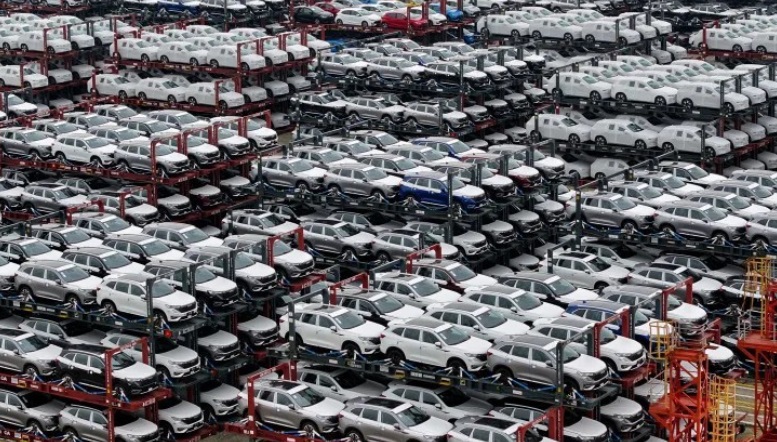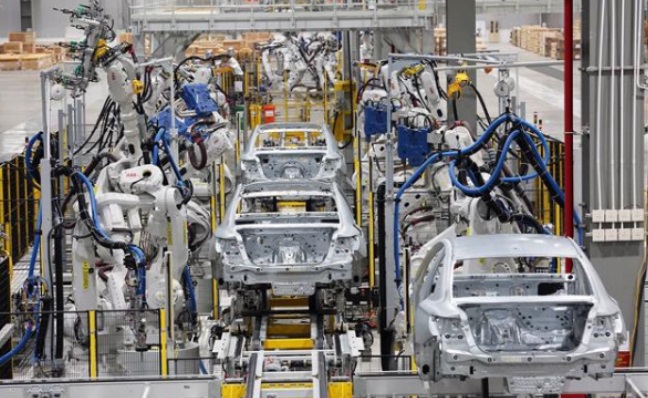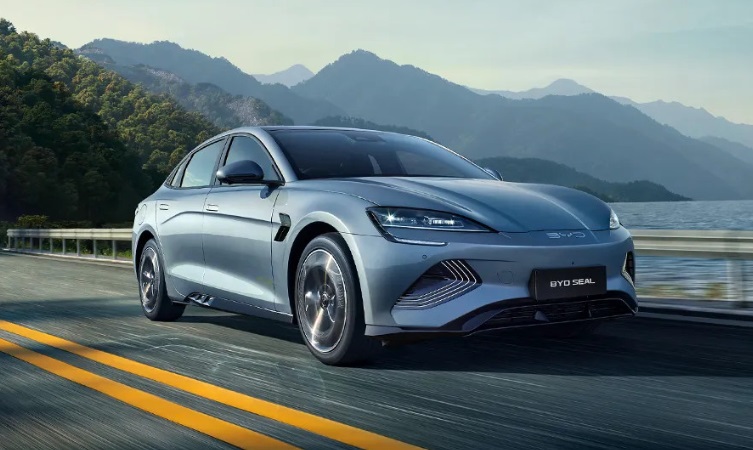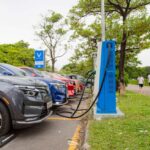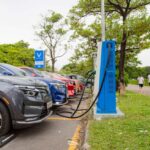In a recent development, the US government has imposed tariffs of up to 100% on electric vehicles imported from China, with the new policy taking effect on September 27.
It’s not just electric vehicles that are subject to these tariffs; taxes on lithium-ion batteries have also increased from 7.5% to 25%. Additionally, taxes on aluminum and steel products will rise by 25% from September 27, and tariffs on semiconductor products will double to 50% starting January 1, 2025.
According to US Trade Representative Katherine Tai, these decisions are aimed at countering Chinese policies that negatively impact American workers and businesses.
It is undeniable that the US electric vehicle market lacks both the necessary charging infrastructure and affordable options for consumers.
Meanwhile, large Chinese automakers like BYD can leverage their extensive domestic supply chains to compete in crowded markets and offer inexpensive electric vehicles to attract customers.
In the US, most electric vehicles are priced high, and even Tesla doesn’t have a model below $30,000 (approximately 738.9 million VND). Despite the US government’s efforts to encourage the switch from gasoline to electric vehicles through incentives, China remains the leader in both the production and consumption of electric cars.
TH (Tuoitrethudo)
Electric Evolution: Charging Up Ho Chi Minh City’s Transport Network
These charging stations will adhere to universal standards, catering to all types of electric vehicles. They will be designed to be accessible and efficient, ensuring a seamless and convenient charging experience for all EV owners, regardless of their vehicle make or model. With these stations, we aim to revolutionize the EV charging landscape, offering a reliable and consistent network that empowers the widespread adoption of electric cars.
Electric Vehicle Revolution: Charging Stations to Power Up Public Transport in Ho Chi Minh City’s Bus Terminals
These charging stations will adhere to universal standards, catering to all types of electric vehicles. They will be designed to be accessible and efficient, ensuring a seamless and convenient charging experience for all EV owners, regardless of their vehicle make or model. With these stations, we aim to revolutionize the EV charging landscape, offering a reliable and consistent network that empowers the widespread adoption of electric cars.





























